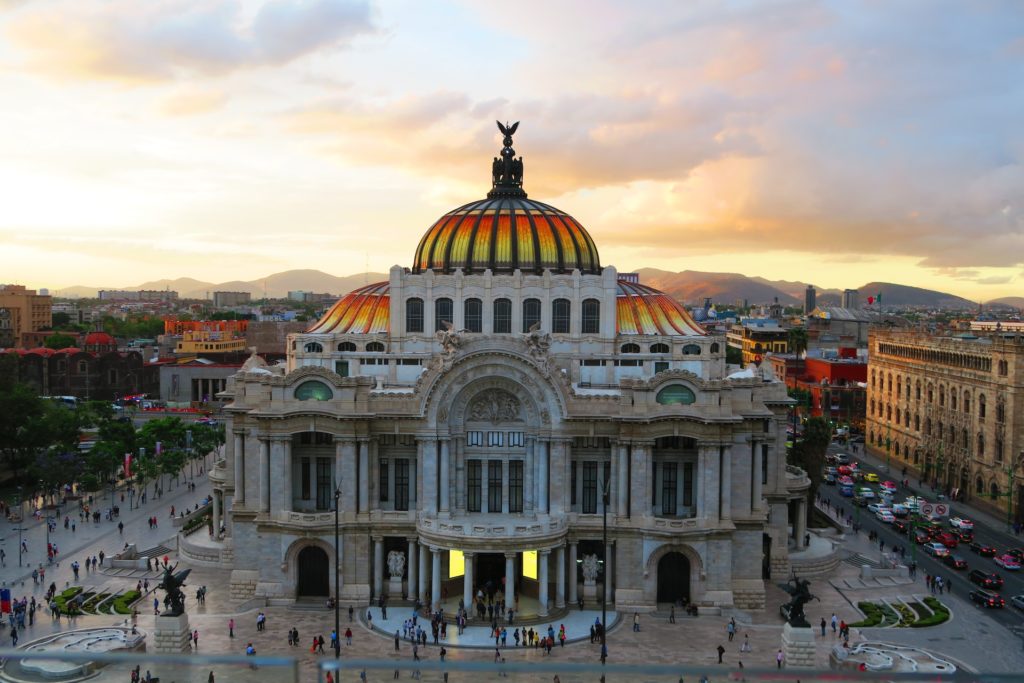Mexico, like any other nation, has a variety of corporate structures that each have a specific function. The stock corporation, or S.A. de C.V (Sociedad Anónima de Capital Variable), is perhaps the most well-liked due to the largest room for expansion and an especially straightforward creation procedure.

Basic characteristics of Mexican corporations
- The shareholders decide what the required minimum capital should be.
- At least two shareholders.
- Must be run by an Administrator or a Board of Directors.
- General shareholders’ meetings are when the corporation’s supreme power is formally vested.
- The legislation requires general shareholder meetings to be conducted yearly.
- General shareholder’s meetings may be either exceptional (called at any time) or regular (held annually).
- Mandatory action on behalf of shareholders by the Auditor or Auditing Board.
- The maximum responsibility of shareholders is their capital investment.
- The company may issue several stock classes.
- Each share has one vote available to it.
- Once in Mexico, any document from another country must be apostilled and properly translated into Spanish.
The essential stages to forming a business in Mexico
The processes to form a company in Mexico are as follows:
Contact the ministry of foreign relations for the name of the firm
Send an application to the Secretaria de Relaciones Exteriores (SRE) of the Ministry of Foreign Relations listing five potential business names for the corporation in the order of your selection. This is done to make sure there isn’t a firm with the same name already formed domestically or internationally.
Articles of Incorporation preparation
The creation of the Articles of Incorporation (also known as the Corporate Charter) is required once the SRE authorizes or delivers the proposed business names. To complete this phase, legal counsel from a Mexican attorney will be required. According to the corporation, this agreement serves as the cornerstone for all fundamental and general components of the business. They stipulate:
- Information about the founders of the business
- Type of business
- Business name
- The company’s mission
- Authorized funds
- Bylaws
After the business is established, the aforementioned articles of incorporation must be notarized in front of a public broker or notary public. Before proceeding, the Notary Public will demand “Know your Client” (KYC) documentation, which includes filling out a questionnaire, presenting documentation of legal existence, and, if appropriate, Powers of Attorney (POA) given by the shareholders.
From the Mexican tax authority, get your tax ID (RFC)
Getting your business tax ID, also known as the “Registro Federal de Contribuyentes” (RFC) in Spanish, is the next stage in forming a corporation in Mexico. You must go to the offices of the Mexican tax administration, or “Servicio de Administración Tributaria” (SAT), to finish this procedure.
Add the business to the Mexican public registry (RPPC)
The firm must then be registered with the Public Registry of Property and Commerce (RPPC in Spanish), also known as the Registro Pblico de la Propiedad y Comercio. You must provide the following for this process:
- Payment of registration fees
- The notarized Articles of Incorporation.
- RFC of the company.
- Power of Attorney allowing the legal representative to carry out business operations (if applicable).
When you register your business with RPPC, it becomes legally recognized.
Join the Mexican social security organization (IMSS)
You now register the business with the Mexican Social Security office (Instituto Mexicano del Seguro Social, IMSS in Spanish). You must visit the IMSS to seek their registration to be able to make the personal contributions of the prospective employees of the firm or those of the present partners, even if the company only has partners acting as the sole employees. Remember that the IMSS may punish you if this step is not completed by the deadline.
Participate in the Mexican foreign investment registry (RNIE)
According to Mexican law, businesses having foreign ownership must register with the National Registry of Foreign Investments (Registro Nacional de Inversiones Extranjeras, RNIE in Spanish). Additionally, businesses with significant capital requirements must submit yearly financial reports to the RNIE.
Register with the other necessary governmental agencies
You may need to register with several institutions, depending on the nature of the business conducted by your Mexican corporation. The majority are:
- The Institute of Intellectual Property in Mexico
- The Health Ministry
- Environment and Ecology Ministry
This phase also includes applying for any municipal or state licenses that may be necessary, depending on the region in which you want to operate.
Create a business bank account
Finally, you may go on and create a business bank account. The bank will need the company RFC and information about your business before the legal representative of your firm can finish this phase. Select a local bank that provides you with the most competitive pricing plans for overseas transactions and other procedures that you value highly. It is advised to get in touch with a nearby expert who is familiar with this procedure.







